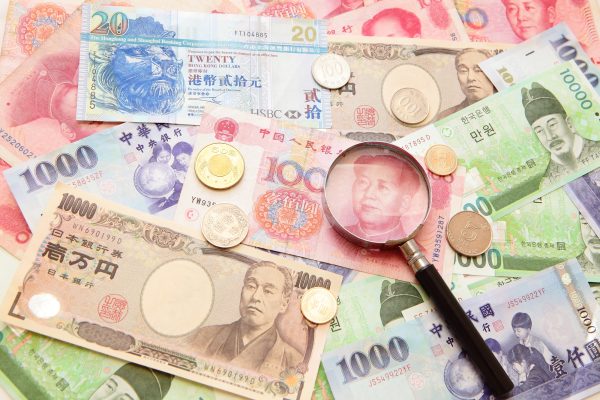Videos | Economy | East Asia
Christina Lai, Kazuto Suzuki, and Wonho Yeon discuss the de-risking calculus for Japan, South Korea, and Taiwan.
With the United States leading the charge, more and more countries are growing concerned about economic over-reliance on China. From supply chain disruptions to economic coercion, the risks are ever-more apparent. But for close neighbors like Japan, South Korea, and Taiwan, whose economies are deeply intertwined with China’s, de-risking is not a simple proposition.
How important are de-risking and economic diversification for China’s Northeast Asian neighbors, and what steps are they taking to that end? This webinar, recorded live on August 22, discusses the de-risking calculus for Japan, South Korea, and Taiwan.
Featuring Christina Lai, an associate research fellow in the Institute of Political Science at Academia Sinica, Taiwan, and an adjunct faculty in Global Security Studies at Johns Hopkins University; Kazuto Suzuki, professor of Science and Technology Policy at the Graduate School of Public Policy at the University of Tokyo, Japan, and director of Economic Security at the Institute of Geoeconomics; and Wonho Yeon, a research fellow and head of the Economic Security Team at the Korea Institute for International Economic Policy (KIEP) and a member of the policy advisory committees for the National Security Office (Office of the President) and the Ministry of Foreign Affairs.




















Discussion about this post